Ο λογικός χαρακτήρας της έννοιας στην πλατωνική διαλεκτική
Ενότητα:
Άρθρα του περιοδικού "Φιλοσοφία"
Χρονολογία έκδοσης περιοδικού
2007
Περισσότερα...
Τύπος
Επετηρίδα
Συγγραφέας
Παπαλεξίου , Κερασένια
Περισσότερα...
Τίτλος άρθρου/ανακοίνωσης
Ο λογικός χαρακτήρας της έννοιας στην πλατωνική διαλεκτική
Γλώσσα: Ελληνικά, Νέα (1453-)
Θεματική ενότητα άρθρου/ανακοίνωσης
Πλατωνική Φιλοσοφία
Διαλεκτική
Λογική
Γλώσσα άρθρου
Ελληνικά - Νέα (1453-)
Αγγλικά
Περίληψη άρθρου
Plato recognizes the promitheic mission of philosophy in historical reality, because he has confidence in the moral strength of the human being and propounds his philosophical argument as a counterbalance to the moral and political decline of his era. By his philosophical thought intends to form the reality in the base of principles and general conceptions and through dialectic, which seeks the unit, the truth and the essence. The preparation of the logical character of conceptions is supported in the following presuppositions: 1. In the search of sure definition. 2. In the division and synopsis. 3. In the apprehension of unity. 4. In the conception of essence and truth. The conception logically shaped and intellectually upgraded from dialectic indicates the necessity of its existence in Plato's philosophy, because it actually acquires force of intervention in reality with its cognitive hypostasis and its moral orientation and because it reveals that knowledge which "allows" the view of anypotheton, the moral, political and cognitional perfection. The dialectic will facilitate the enterprise of Plato΄s philosophy, because it organises its argument.
Λέξεις -κλειδιά
Πλάτων
Έννοια
Creative Commons
Αναφορά Δημιουργού - Μη Εμπορική Χρήση - Παρόμοια Διανομή 4.0 Διεθνές - CC BY-NC-SA

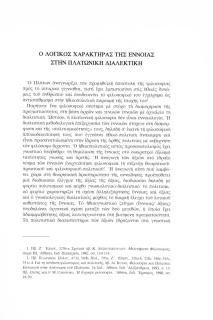
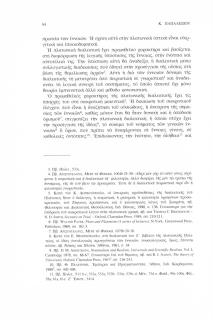
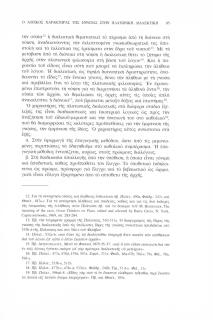
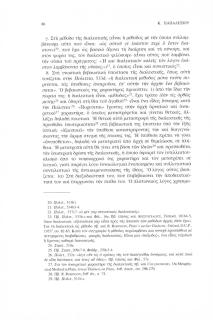
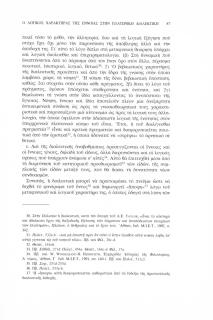
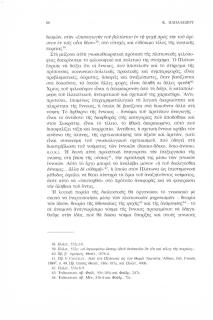
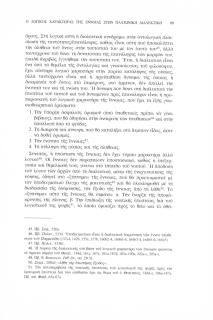
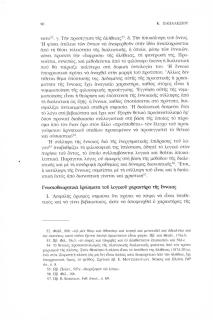
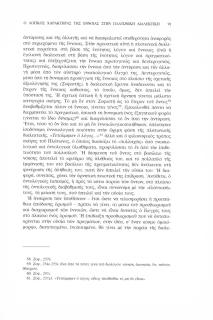
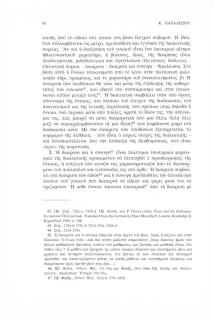
 Ξεφύλλισμα pdf
Ξεφύλλισμα pdf